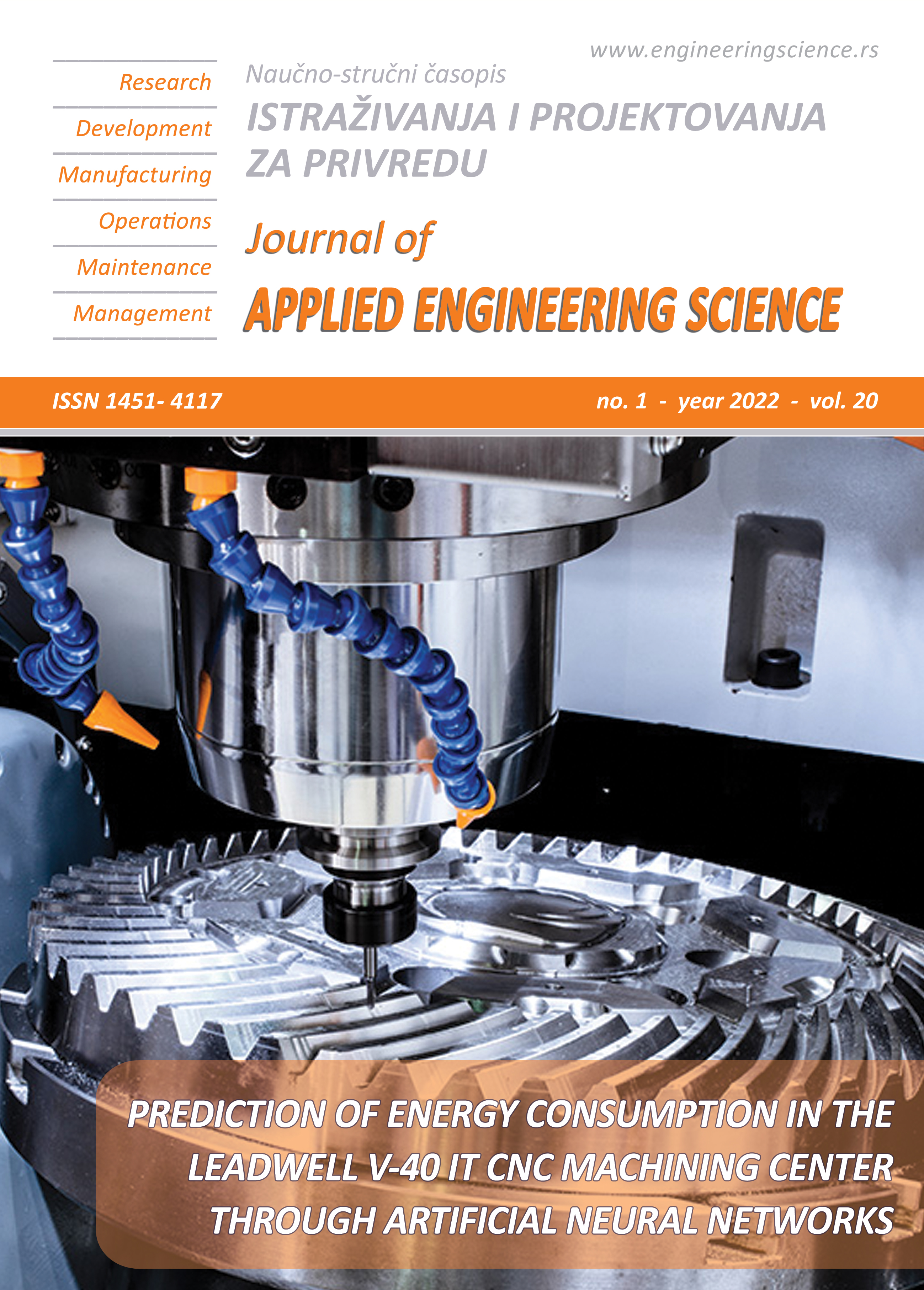THE INFLUENCE OF SOCIOECONOMIC STATUS ON THE MODES CHOICE OF TRANSPORTATION IN MANADO CITY
Abstract
Good infrastructure and transportation facilities move people and goods take place safely and economically in terms of time and cost. The trips made by people on weekdays or weekends affect environmental conditions in the area. The purpose of this paper is to find out the influence of socioeconomic status on modes choice of transportation both on weekdays and weekends. The study location is in Manado Municipality. There are 3 (three) modes of transportation reviewed, i.e. private cars, motorcycles, and public transportation. Indicators of socioeconomics status of transportation users are age, education, occupation, income, number of family members, and vehicle ownership. Data regarding the modes of transportation and socioeconomic status of travelers were obtained through questionnaire surveys. SEM-AMOS was used to measure the validity and reliability of the data. The probability of the mode choice on weekdays and weekends was analyzed using multinomial logistic regression analysis. The results showed that the socioeconomic status of the traveler has an influence on the mode choice of transportation by 49.2% on weekends and 49.5% on weekdays. Furthermore, the probability of transportation mode choice on weekends is the car by 88.4%, and on weekdays is motorcycles by 71.6%.
References
Van Acker, V., Van Wee, B., & Witlox, F. (2010). When transport geography meets social psychology: toward a conceptual model of travel behaviour. Transport Reviews, 30(2), 219-240.
Diana, M., & Mokhtarian, P. (2009). Grouping travelers on the basis of their different car and transit levels of use. Transportation, 36, 4, 455-467.
Warpani, S. (1990). Merencanakan sistem perangkutan. Penerbit ITB, Bandung.
Kanafani, A. (1983). Transportation demand analysis. McGraw-Hill Inc, New York.
Roorda, M., Passmore, D., & Miller, E. (2009). Including minor modes of transport in a tour-based mode choice model with household interactions. Journal of Transportation Engineering, 135, 12, 935-945.
de Abreu e Silva., Goulias, K. G., & Dalal, P. (2011). A structural equation model of land use pattern, location choice, and travel behavior in southern California. 91st Transportation Research Board 28 Annual Meeting, Washington D.C. and publication in the Transportation Research 29
Curtis, C., & Perkins, T. (2006). Travel behaviour : a review of recent literature. Working Paper No. 3: Travel Behaviour, Urbanet, Department of Urban and Regional Planning, Curtin University.
Meena, S., Patil, G. R., & Mondal, A. (2019). Understanding mode choice decisions for shopping mall trips in metro cities of developing countries. Transportation Research Part F: Traffic Psychology and Behaviour, 64, 133–146.
Adwiluvito, H. (2019). Determinants of the mode choice of transportation for jabodetabek commuter workers with the multinomial multilevel logistics regression model. Indonesian Journal of Statistics and Its Applications, Vol 3, No 1, 49 – 61.
Carrasco, J., & Miller, E. (2006). Exploring the propensity to perform social activities: a social network approach. Transportation, 33, 5, 463-480.
Eboli, L., Forciniti, C., & Mazzulla, G. (2012). Exploring land use and transport interaction through structural equation modeling. Compendium of Papers, International Scientific Conference, 15th Edition of The Euro Working Group on Transportation, 10-13 September 2012, Paris.
Sener, I., Copperman, R., Pendyala, R., & Bhat, C. (2008). An analysis of children’s leisure activity engagement: examining the day of week, location, physical activity level, and fixity dimensions. Transportation, 35, 5, 673-696.
Omrani, H., Mamdoohi, A. R., & Farzin, I. (2021). Taste variation of the elderly mode choice: the role of socioeconomic, attitude and behavior factors. International Journal of Transportation Engineering, Vol. 8, No.4, (30), 341-362.
Buliung, R., Roorda, M., & Remmel, T. (2008). Exploring spatial variety in patterns of activity-travel behaviour: initial results from the Toronto travel-activity panel survey (TTAPS). Transportation, 35, 6, 697-722.
Sall, E., & Bhat, C. (2007). An analysis of weekend work activity patterns in the San Francisco bay area. Transportation, 34, 2, 161-175.
Lockwood, A., Srinivasan, S., & Bhat, C.R. (2005). An exploratory analysis of weekend activity patterns in the San Francisco bay area. Transport, Res. Rec. 1926, 70–78.
Ming, Z., & Hunt, J. (2010). Exploring best-fit hazard functions and lifetime regression models for urban weekend activities: a case study. Journal of Transportation Engineering, 136, 3, 255-266.
Sutomo, H., Sugiyanto., Istiyanto, B., & Matsumoto, S. (2003). Psychological factor affecting travel mode choice (case: bus-lane plan for Yogyakarta, Indonesia). Journal of the Eastern Asia Society for Transportation Studies, Vol.5, 426-436.
Gebeyehu, M., & Takano, Shin-ei. (2008). Modeling the relationship between travelers’ level of satisfaction and their mode choice behavior using ordinal models. Journal of the Transportation Research Forum, Vol. 47, No. 2, 103-118.
Burgmanis, G. (2012). Children’s everyday school travel and mode choice in a post-socialist city: the case of Riga, Latvia. 2nd International Conference on Social Science and Humanity, IPEDR Vol. 31, IACSIT Press, Singapore.
Maulana, R., & Yudhistira, M. H. (2020). Socio-economic factors affecting the choice of transportation mode in jakarta metropolitan area. Jurnal Pembangunan Wilayah dan Kota, Vol. 16, No. 4, 245-252.
BPS-Statistics of Sulawesi Utara Province. (2020). Sulawesi utara province in figures 2020.
Bollen, K. A. (1989). Structural equations with latent variables. Department of Sociology, John Wiley & Sons, New York.

